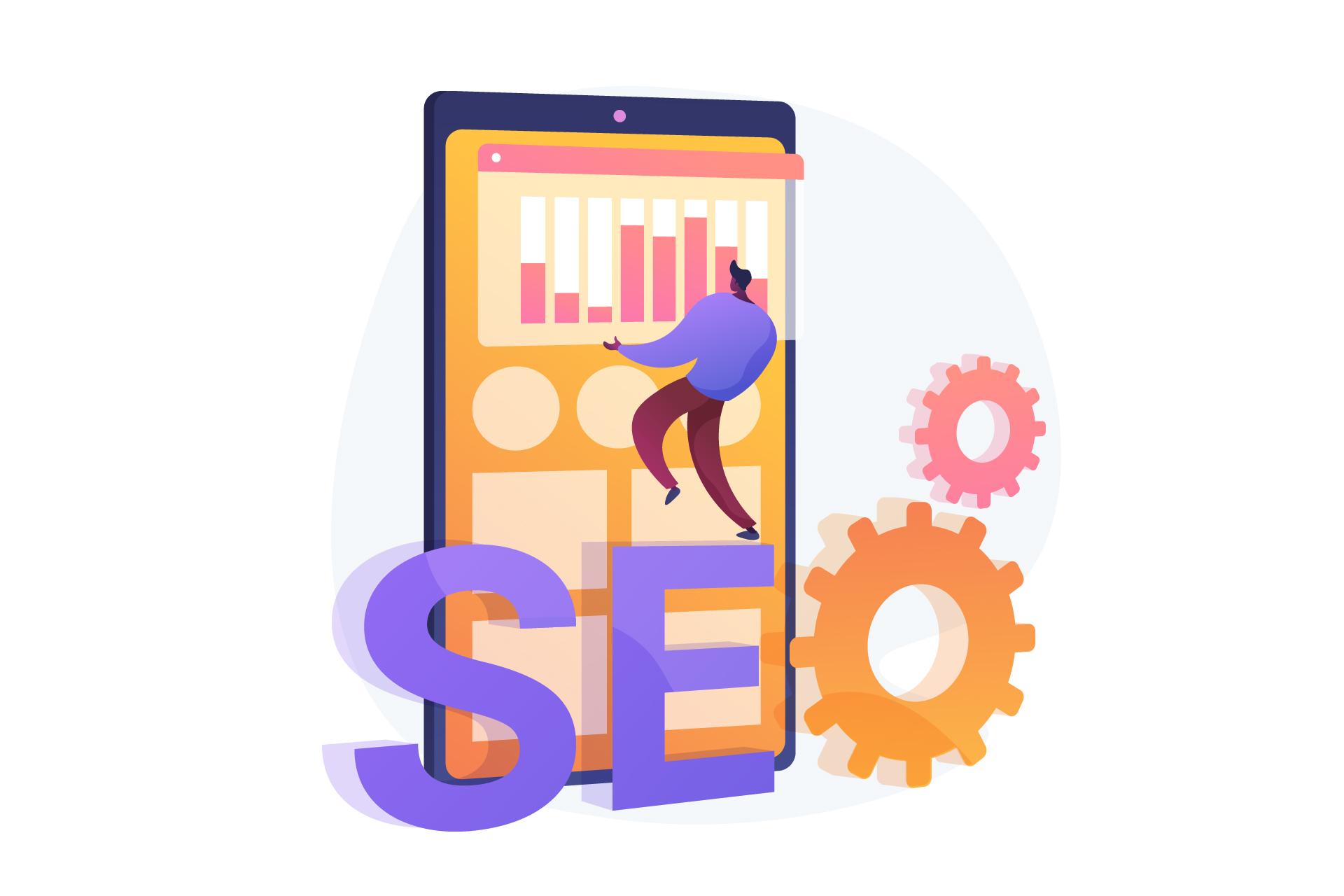At a time when the rise of technology has profoundly changed the way we discover and consume information, searching for products and services online is more popular than ever.
In particular, regarding B2B (Business To Business) sales, several surveys in recent years inform us that search engines are the first choice for a B2B customer to start market research, over other options, such as customer review sites, eCommerce sites, manufacturer sites and specialized industry portals. These search engines are used either in the initial or middle stage of the buying cycle and depending on the industry, the search process can take at least one to two months.
SEO and customer finding
For businesses that specialize in B2B, showing up in their prospective customers’ searches is a major issue when it comes to the future of their sales. That’s why such companies use proven marketing strategies to get the most out of Google’s search engine campaigns.
Apart from basic marketing, which includes emails and promotion through social media, the optimization of B2B business websites according to search engines is of paramount importance.
More specifically, when we talk about B2B SEO (Search Engine Optimization), we mean a digital marketing strategy that involves optimizing content on the web so that it ranks in Google’s search results. SEO is categorized into 2 tactics:
- On-Page SEO: all internal actions that take place within the website.
- Off-Page SEO: all external actions that take place outside the website.
This strategy creates an incentive for every business to always be at the top of search engine results. It has been found that most users visit only the first 5 results on the homepage of the ranking, ignoring the rest that follows. This also intensifies the competition between businesses, which constantly aim for the first place on Google’s homepage.
Also, through SEO the brand of the company is developed. With the proper use of tactics, more and more users visit the website, resulting in an increase in traffic to it. Therefore, with the recognition of the site, the visibility of the brand to the public is maximized.
But are SEO-based results enough for a B2B company to get the best results?
It is important for a B2B company to have its eCommerce site in high positions in search engines for specific keywords, to be known to prospective customers. This requires, of course, considerable effort. The business should not only develop content, but also constantly promote it on various channels and platforms to be shown.
PPC and SEO
The optimization, therefore, using SEO is based on organic search results, ie those that the search engine considers to be most relevant to the word the user is looking for. A strong SEO requires the achievement of various optimization goals, but also the use of technical efforts to improve its visibility in search engines.
So, before a B2B company invests its time and energy in this whole process, it would be useful to research and see if the keywords are going to perform as well as they want. The so-called “Paid Search” (PPC) can play an important role in this research.
PPC is a system that offers B2B businesses the ability to attract potential customers quickly and efficiently. What’s interesting is that the user on his own… He raises his hand and communicates that he is interested in the product or service and does so by typing in search keywords, which makes paid advertising a form of “inbound marketing”.
PPC and SEO, if used together, can effectively decipher user intent (User Intent). It is important that the company, when creating its organic and PPC campaigns, carefully considers the market intent for these keywords and leverages all this material, aligning it with its own needs.
So, when these two strategies interact with each other, a business can create stronger campaigns as well as maximize its presence in the space. The key to both paid and organic search lies in visibility in the SERP (search engine ranking page), i.e. the targeted results that the search engine brings after searching for keywords.
We see, therefore, that customer requirements today have changed. Now no one visits stores like they used to, but gets information about what interests them through a podcast, a sponsored ad in their Instagram feed or even a YouTube campaign.
It is therefore vital for all businesses, and B2B in particular, which target a smaller range of potential customers, to produce a distinct online presence.
Certainly, the challenges in this effort are numerous. That’s why those involved in B2B Marketing should: build effective strategies that create real customers, leave behind those of the past, but also adapt to the circumstances of the times to survive.
